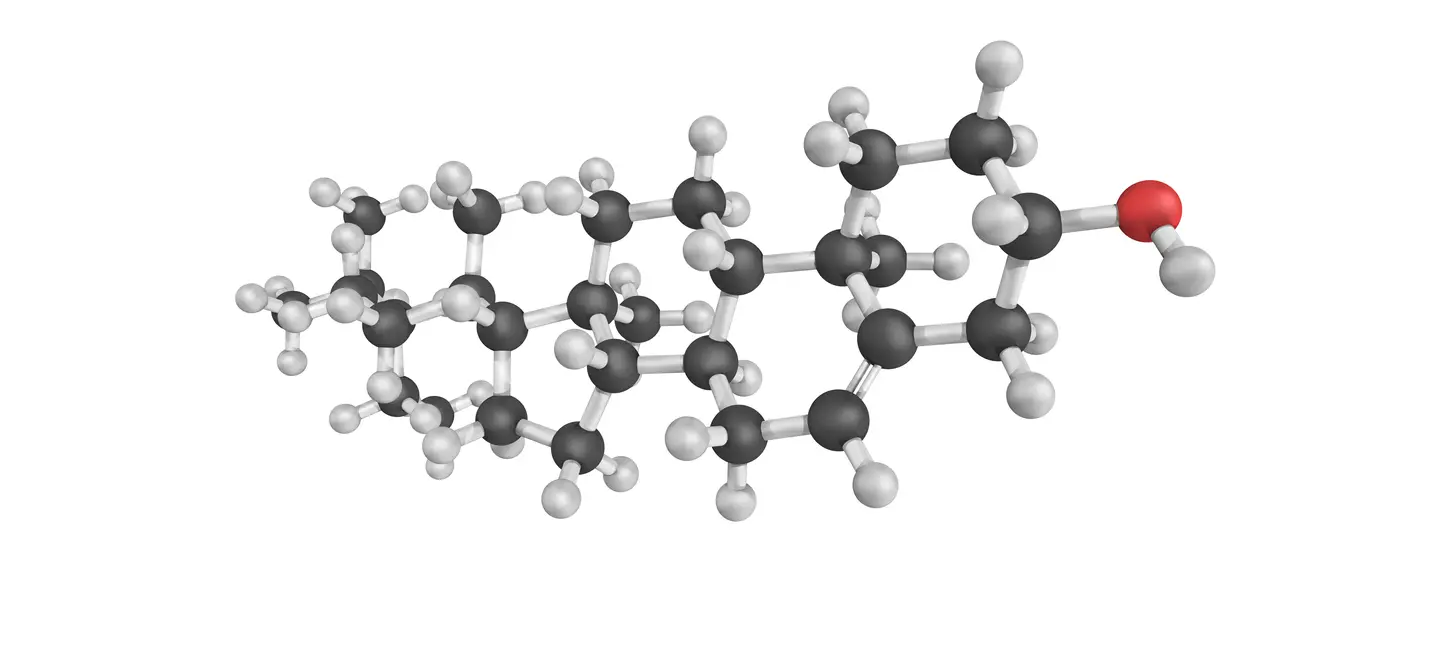
Beta-sitosterol is a type of chemical called a plant sterol. It's similar to cholesterol and is found in fruits, vegetables, nuts, and seeds.
Beta-sitosterol might help reduce cholesterol levels by limiting the amount of cholesterol that is able to enter the body. It can also help reduce swelling in the prostate and other tissues.
People most commonly use beta-sitosterol for lowering cholesterol levels and improving symptoms of an enlarged prostate (BPH). It's also used for heart disease, rheumatoid arthritis (RA), male-pattern baldness, and many other conditions, but there is no good scientific evidence to support many of these other uses.
In the US, foods that contain at least 650 mg of beta-sitosterol are allowed to state that they might reduce the risk for heart disease. Don't confuse beta-sitosterol with sitostanol, a similar plant substance.
Is It Effective?
NatMed Pro rates effectiveness based on scientific evidence according to the following scale: Effective, Likely Effective, Possibly Effective, Possibly Ineffective, Likely Ineffective, Ineffective, and Insufficient Evidence to Rate.
- Enlarged prostate (benign prostatic hyperplasia or BPH). Taking 60-130 mg of beta-sitosterol by mouth in divided doses daily helps improve symptoms of BPH. But it doesn't actually shrink an enlarged prostate.
- High cholesterol. Taking beta-sitosterol by mouth can lower total and low-density lipoprotein (LDL or "bad") cholesterol levels. But it doesn't raise high-density lipoprotein (HDL or "good") cholesterol levels.
- Heart disease. Eating foods that contain at least 3.4 grams of plant sterols daily as part of a low-fat, low-cholesterol diet might help prevent heart disease.
- Inherited tendency towards high cholesterol (familial hypercholesterolemia). Taking beta-sitosterol by mouth might help reduce total and low-density lipoprotein (LDL or "bad") cholesterol levels in children and adults with this condition who are also following a cholesterol-lowering diet. But it doesn't seem to work as well as sitostanol or the cholesterol-lowering drug bezafibrate.
There is interest in using beta-sitosterol for a number of other purposes, but there isn't enough reliable information to say whether it might be helpful.
Is it Safe?
When taken by mouth: Beta-sitosterol is likely safe for most people. It's been used safely at a dose of up to 20 grams daily for up to 3 months. It's also been used at a lower dose of 130 mg daily for up to 18 months. It can cause some mild side effects, such as nausea, indigestion, gas, diarrhea, or constipation.
When applied to the skin: There isn't enough reliable information to know if beta-sitosterol is safe or what the side effects might be.
Special Precautions & Warnings:
Pregnancy and breast-feeding: There isn't enough reliable information to know if beta-sitosterol is safe to use when pregnant or breast-feeding. Stay on the safe side and avoid use.
Children: Beta-sitosterol is likely safe when taken in doses of up to 12 grams daily (divided into 3 separate doses) for up to 3 months.
Sitosterolemia, a rare inherited fat storage disease: People with this condition have too much beta-sitosterol and related fats in their blood and tissues. Taking beta-sitosterol makes this condition worse. Don't take beta-sitosterol if you have sitosterolemia.
It is not known if Beta-Sitosterol interacts with any medicines. Before taking Beta-Sitosterol, talk with your healthcare professional if you take any medications.
Carotenoids: Beta-sitosterol can reduce how much carotenoids the body absorbs. This includes chemicals like alpha-carotene, beta-carotene, lutein, lycopene, and zeaxanthin. But this may not be important to health. Taking extra carotenoids is probably not necessary.
Vitamin E: Beta-sitosterol may reduce how much vitamin E the body absorbs. But this may not be important to health. Taking extra vitamin E is probably not necessary.
Beta-sitosterol might reduce how much carotene and vitamin E the body absorbs from foods. But this doesn't seem to be a major concern, so taking supplemental amounts of these nutrients probably isn't necessary.
In adults, beta-sitosterol has most often been used in doses of 3-4 grams by mouth daily for up to 3 months. It's also been used at a lower dose of 60-130 mg daily for up to 18 months. In children, beta-sitosterol has most often been used in doses of 6-12 grams by mouth daily for up to 3 months. Beta-sitosterol is also available in ointments. Speak with a healthcare provider to find out what type of product and dose might be best for a specific condition.
B-Sitosterol 3-B-D-glucoside, B-Sitosterolin, Beta Sitosterin, Bêta-sitostérine, Beta Sitosterol, Bêta-Sitostérol, Beta-Sitosterol Glucoside, Beta-Sitosterol Glycoside, Cinchol, Cupreol, Glucoside de Bêta-Sitostérol, Quebrachol, Rhamnol, Sitosterin, Sitosterol, 3-beta-stigmast-5-en-3-ol, 22-23-dihydrostigmasterol, 24-beta-ethyl-delta-5-cholesten-3beta-ol, 24-ethyl-cholesterol.
Information on this website is for informational use only and is not intended to replace professional medical advice, diagnosis, or treatment. While evidence-based, it is not guaranteed to be error-free and is not intended to meet any particular user’s needs or requirements or to cover all possible uses, safety concerns, interactions, outcomes, or adverse effects. Always check with your doctor or other medical professional before making healthcare decisions (including taking any medication) and do not delay or disregard seeking medical advice or treatment based on any information displayed on this website.
© TRC Healthcare 2024. All rights reserved. Use and/or distribution is permitted only pursuant to a valid license or other permission from TRC Healthcare.
